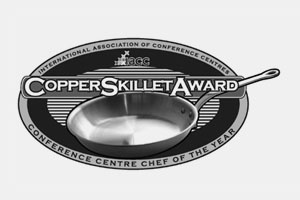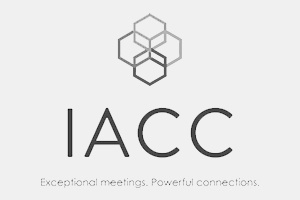From knowing what information to capture, to handling rapid conversations on unfamiliar topics, here are our top minute taking tips.
A necessary skill to make meetings run smoothly and organisations operate effectively, the power of effective minute taking should not be underestimated. In particular, it’s a skill that requires concentration and an ability to process information quickly.
Here’s how to stay in control of minute taking to make meetings run effortlessly:
Use a Template
Minutes follow a standardised format that captures a key set of information. Familiarising yourself with a minutes template and following the template during a meeting will help ensure you note down the right information. As well as the name of the meeting, date, time and location, standard minute templates also include the names of the attendees, apologies and a subheading for each agenda item. You’ll also need a section for any other business (AOB) and the date of the next meeting.
Do Background Research
One of the trickiest aspects for minute takers is that they’re not necessarily familiar with the subject matter being discussed. Get a handle on the content that will be discussed in advance of a meeting by reading through the documentation that has been circulated to attendees in advance. A little background knowledge about the subject matter and familiarising yourself with some of the terminology will put you one step ahead when you’re in the meeting.

Go Prepared
Don’t forget to be organised with all the practical accessories you’ll need to effectively take minutes in a meeting. This should include a charger for your laptop, a notepad with plenty of paper in it and a few spare pens. It’s also acceptable in some meetings nowadays to take an audio recording – so bring along a recording device with spare batteries if this is the case, but do not record audio without advance permission from the chairperson and attendees.
Draw a Table Plan
If you don’t know who’s who in the meeting room, ask the chairperson in advance of the meeting to start the session with introductions. While this is happening, draw a table plan of who is sitting where. This will save you valuable time trying to remember whose name to note down next to the various points in the minutes.

Focus on the Key Information
Remember that minute taking is not about writing down absolutely everything that is said in a meeting. Often, the conversation in meetings gets into a lot of detail or goes off-topic. People may talk quickly and it can be difficult to keep up when you’re not directly involved in the subject matter. However, when it comes to the minutes, there are only four things that need to be recorded:
• Anything that has been decided
• What has been achieved or concluded
• What was agreed
• Actions for the meeting participants.
Keep a list of these four elements with you when minute taking to identify what is relevant and to keep your notes on-track.
Capture Anything Unfamiliar
Doing some background research will put you ahead of the game in a meeting, but there may still be some phrases or content discussed that you’re not familiar with. It’s always safest to jot this down at the time to make sure you don’t forget to include anything important – you can always check after the meeting what it means and if it’s relevant to include.

Write it Up Quickly
You should aim to type up the minutes as soon as possible after a meeting. This way, everything is still fresh in your mind so if you did forget to make a note of anything, you’re likely to still remember the details of the meeting from memory. Before you circulate the minutes, go back to them after a break to proofread and give them a general once over.
These tips can help transform minute taking from being a daunting task to a responsibility that runs like clockwork.






